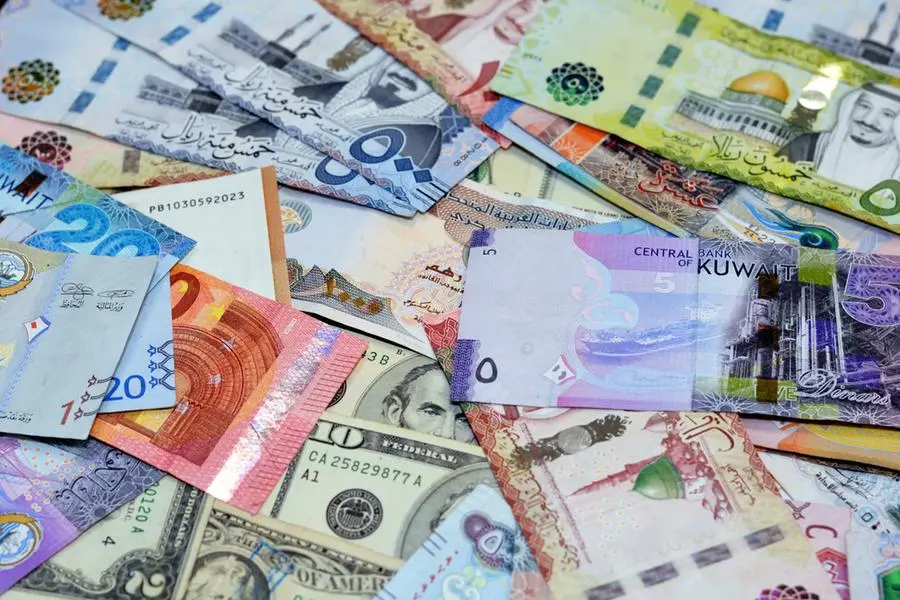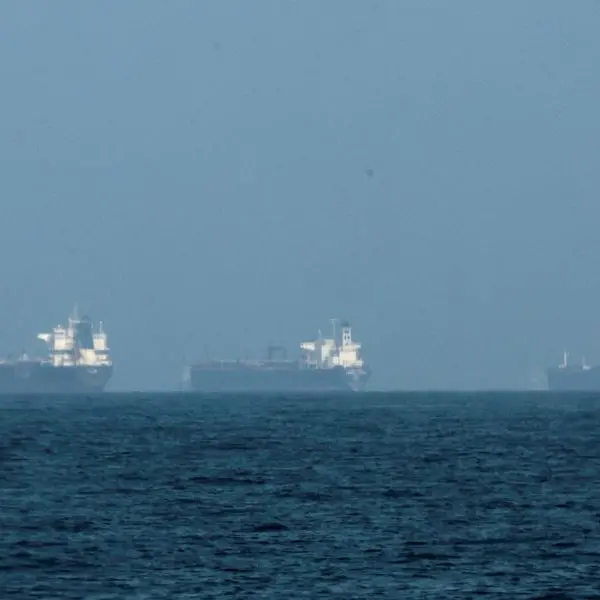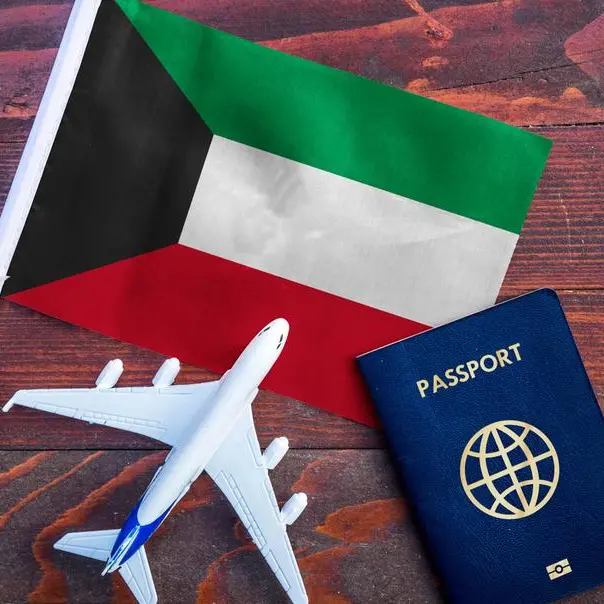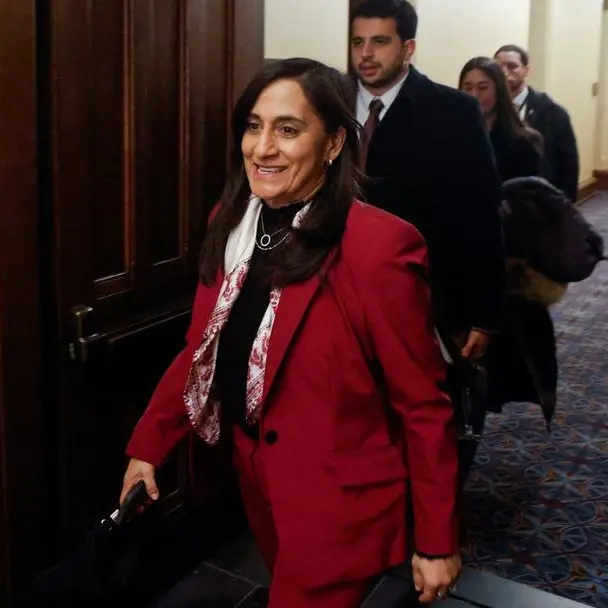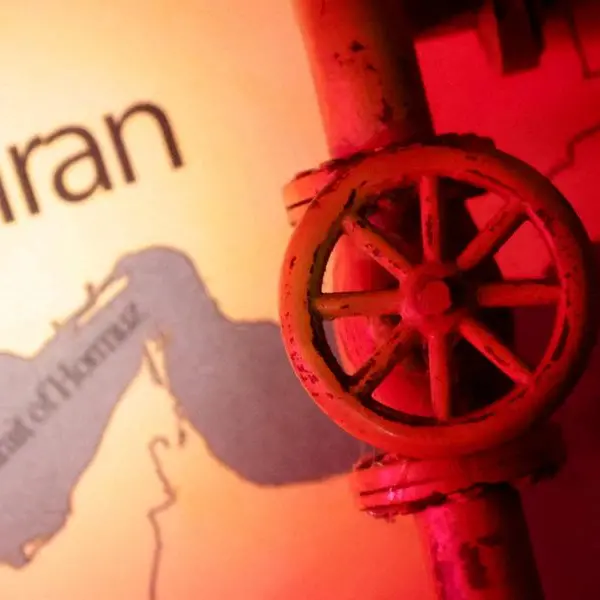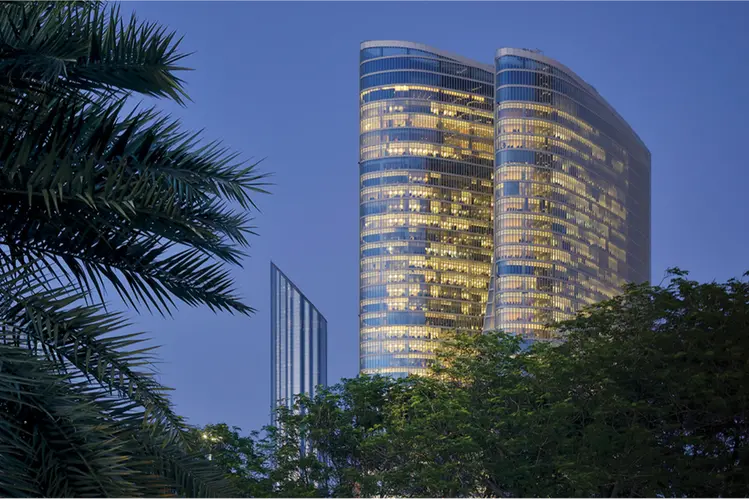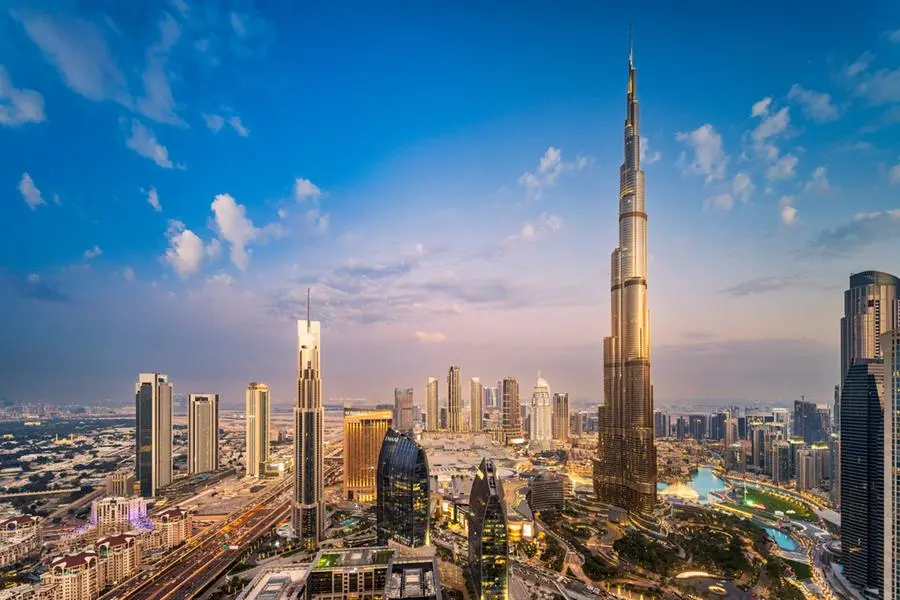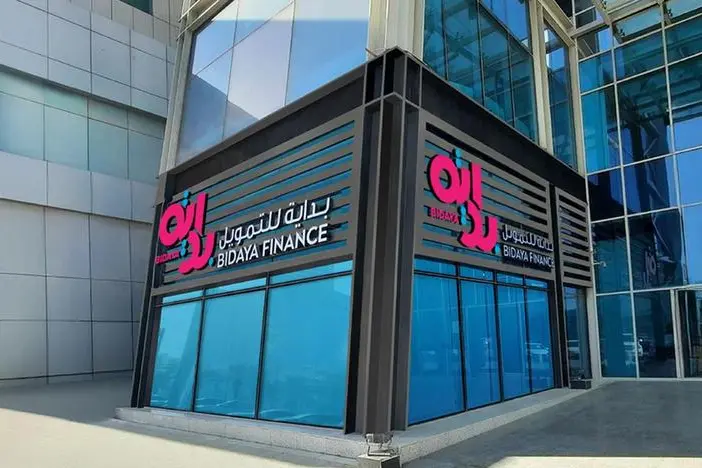PHOTO
GCC countries have unveiled expansionary budgets for 2024, prioritising healthcare, education and infrastructure spending, even as projected revenues dipped compared with last year.
Analysing the budgets of the six-nation bloc Kuwait-based Kamco Invest concluded in a report that the combined budgeted expenditure for the GCC is estimated at $529.5 billion, down from previous highs.
Aggregate budgeted revenues reached $487.6bn, reflecting a 4.3 per cent decline from 2023’s $509.6bn. Analysts attribute this dip to output cuts by GCC members within Opec and range-bound oil prices. While most countries budgeted on an oil price above $60 per barrel, heavyweights Saudi Arabia and the UAE did not disclose their underlying oil price assumptions.
Diversification
The region is expected to see a wider fiscal deficit in 2024, reaching $41.9bn compared with last year’s $35.1bn.
Despite the revenue challenges, governments are focusing on economic diversification and non-oil sector growth. This is reflected in increased spending on healthcare, education and infrastructure projects.
Saudi Arabia is expected to contribute a significant portion to both GCC revenues (around 64.9pc) and spending (around 63.8pc). Kuwait and Qatar follow with projected revenue shares of 12.5pc and 11.2pc, respectively.
The overall GCC project market index for upcoming contracts already reached $1.4 trillion as of April 2024, according to MEED Projects. Saudi Arabia leads the pack with $709bn in planned projects, followed by the UAE ($316.1bn) and Oman ($172.1bn).
Elevated oil prices since the beginning of 2024, averaging $84.7 per barrel according to Bloomberg estimates, provided a spending cushion for GCC countries. Geopolitical tensions and Opec+’s decision to maintain output cuts are seen as factors keeping a tight lid on oil supplies and supporting prices.
While most GCC countries project deficits for 2024, the UAE and Qatar aim to break-even. Analysts believe the actual deficit figures could be lower due to conservative oil price assumptions in budget planning.
Zooming in, the report notes that Bahrain’s government authorised the state budget for 2024, projecting a slight deficit despite an increase in revenue.
Total spending is pegged at BD3.63bn ($9.63bn), while revenue is anticipated to reach BD3.5bn, reflecting an 11.8pc year-on-year rise. Notably, expenditure is expected to grow marginally by just 0.2pc. This translates to a projected deficit of BD0.161m ($0.43m) for the year.
The budget incorporates an assumed oil price of $60 per barrel. Authorities emphasised three core pillars underpinning the budget: achieving fiscal balance, supporting ongoing projects, and improving living standards for citizens.
The 2024 budget allocates significant resources to key sectors. Housing and community amenities are slated to receive BD93.3m, followed by general public services at BD52.4m. Economic affairs and infrastructure are earmarked for BD46.8m, while youth, culture and media will receive BD11.5m. Public order and safety, education, and healthcare are allocated BD9.9m, BD5.4m and BD3.9m respectively. The defence sector is projected to receive BD1.5m.
Copyright 2022 Al Hilal Publishing and Marketing Group Provided by SyndiGate Media Inc. (Syndigate.info).
